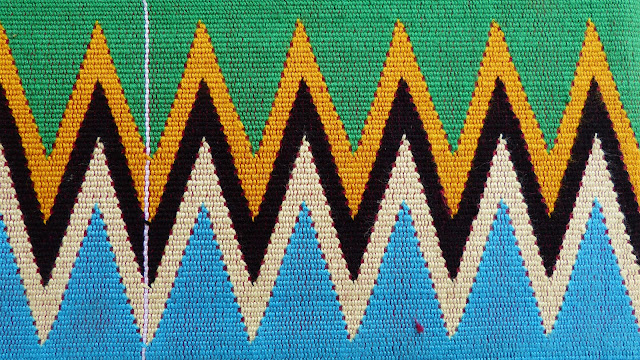 Where did Paa Kwame get all these eggs? Watch the video.
That's right, a 3:17 video of chickens. Did you know that chickens
sing arias? and harmonize? Come on, you know you want to watch this. Where did Paa Kwame get all these eggs? Watch the video.
That's right, a 3:17 video of chickens. Did you know that chickens
sing arias? and harmonize? Come on, you know you want to watch this. |
| There's nothing like a fresh egg--just dropped from a hen and still warm to the touch--to put you back in touch with your humanity. |
ALEX AKUFFO OFORI IS A high school science teacher by day, an industriuous agropreneur in every other waking moment of his life in Aburi. In the states, we would call him a locavore--someone devoted to producing food on a small scale for local consumption. A growing movement in the US, in Ghana it's a way of life.
For a country of about 23.5 million people, small farmers like Alex still account for the majority of the country's food production. (Opposite the US: of our 2 million farms, about 20% are family owned; and just the largest 2% -- multinational agricorporations -- produce more than half the food crops consumed in the US. It's also an aging industry; only 6% of US farmers are under the age of 35.--various sources from a quick search on google)
I first met Alex when he was 15 years old. He was one of my students in the general science class I taught during the 2 years I lived in Aburi. Alex was my best student, and a hard worker -- when he wasn't studying he was tending to the family's small herds of goats and sheep, helping his father at their small pineapple farm up the road, or carving beautiful masks out of wood. He went on to earn a master's degree in agricultural science from Ghana's top university, then came back to his village to teach at his former school.
 |
| Today's take: 59 eggs. And the day's not over yet. Alex takes customers' orders by cell phone. |
Now a father of two children -- daughter Ohenewa and a new son, Kofi -- Alex still has the energy and drive of his teenage self. In between heading up the science department at Adonten (now in a new building up the road with a student body nearing 2,000), Alex runs a small poultry farm out of his family compound. He keeps between 200-500 chickens in a small coop, mostly layers, and has perfected a feed that makes them abundant producers, up to 75 or 80 eggs a day during laying season.
When laying season ends (a hen can produce egss for about two years) Alex sells the birds for table (that is, to eat). He plans to expand his operation and move it to an acre of land he's secured near Aburi.
 |
| Fresh eggs, still warm to the touch. |
 | ||
| Ready for delivery. Alex will take these to his in-laws up the road. |
 | ||
| Paa Kwame ready for the next collection. |
Next up: Ben's Bees

















































